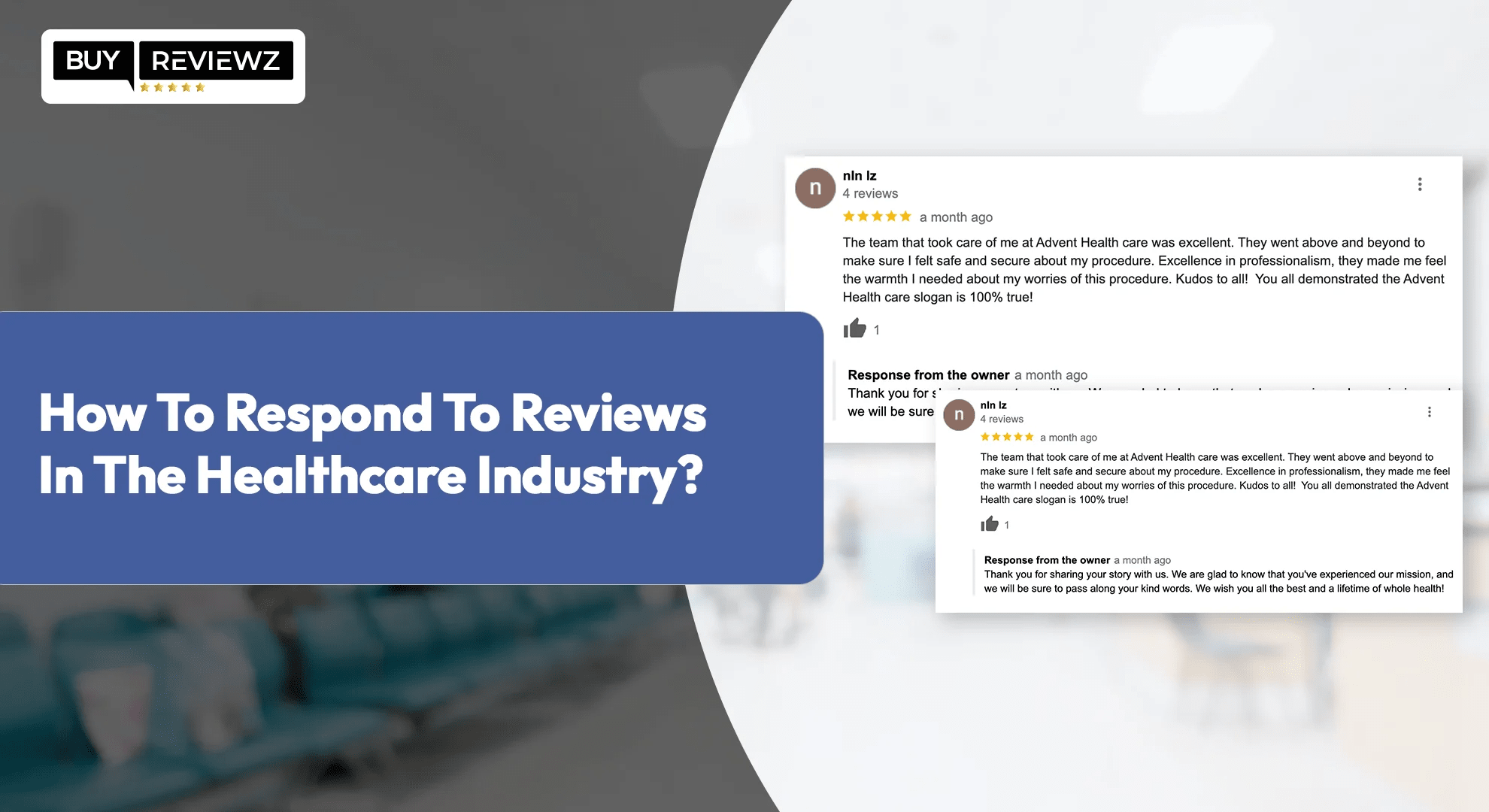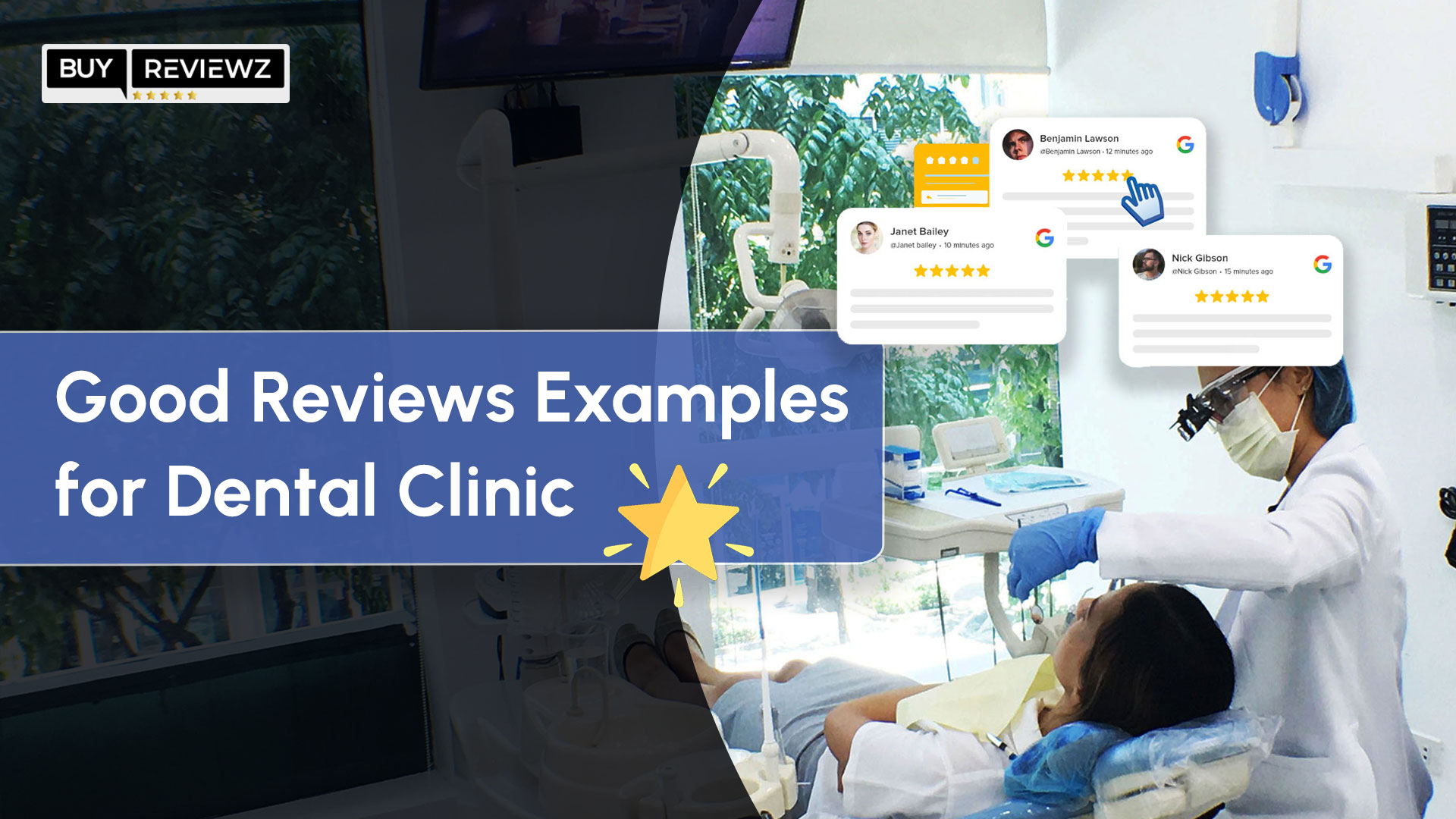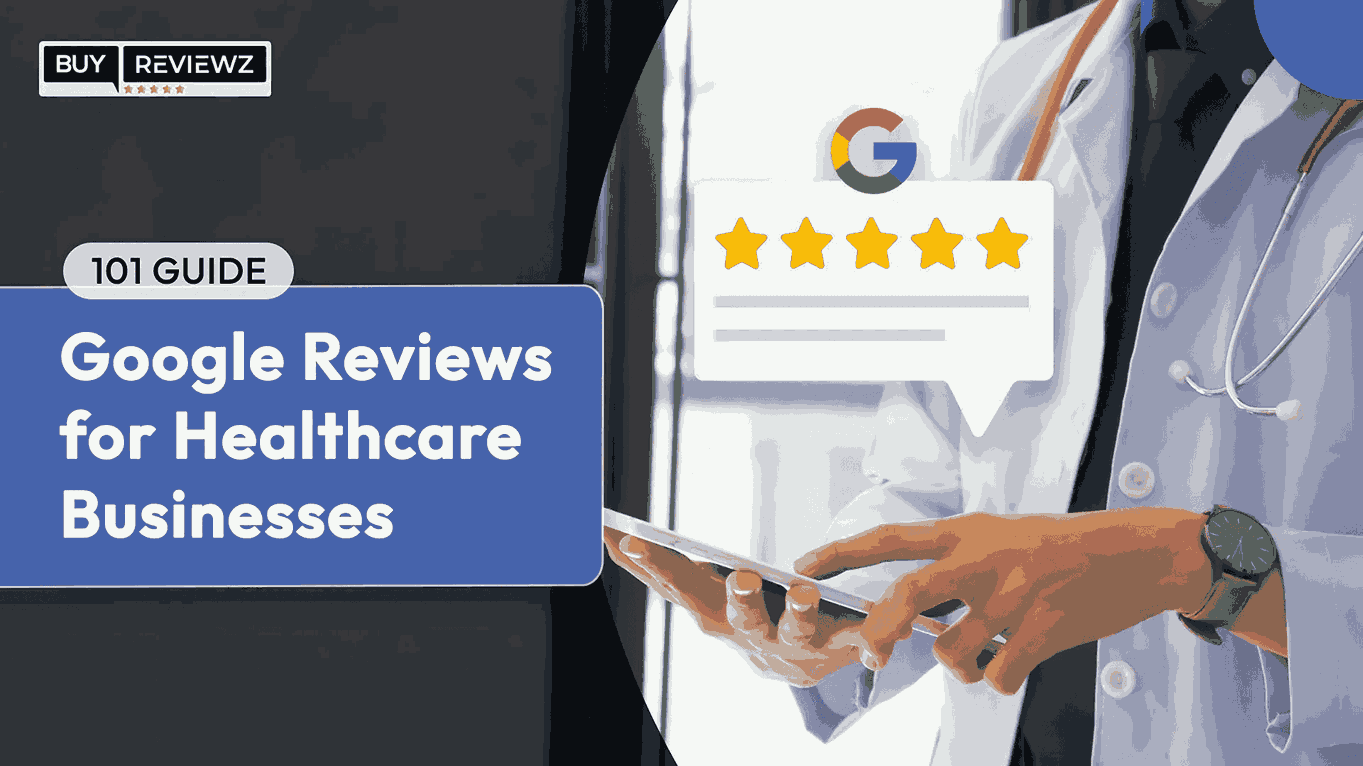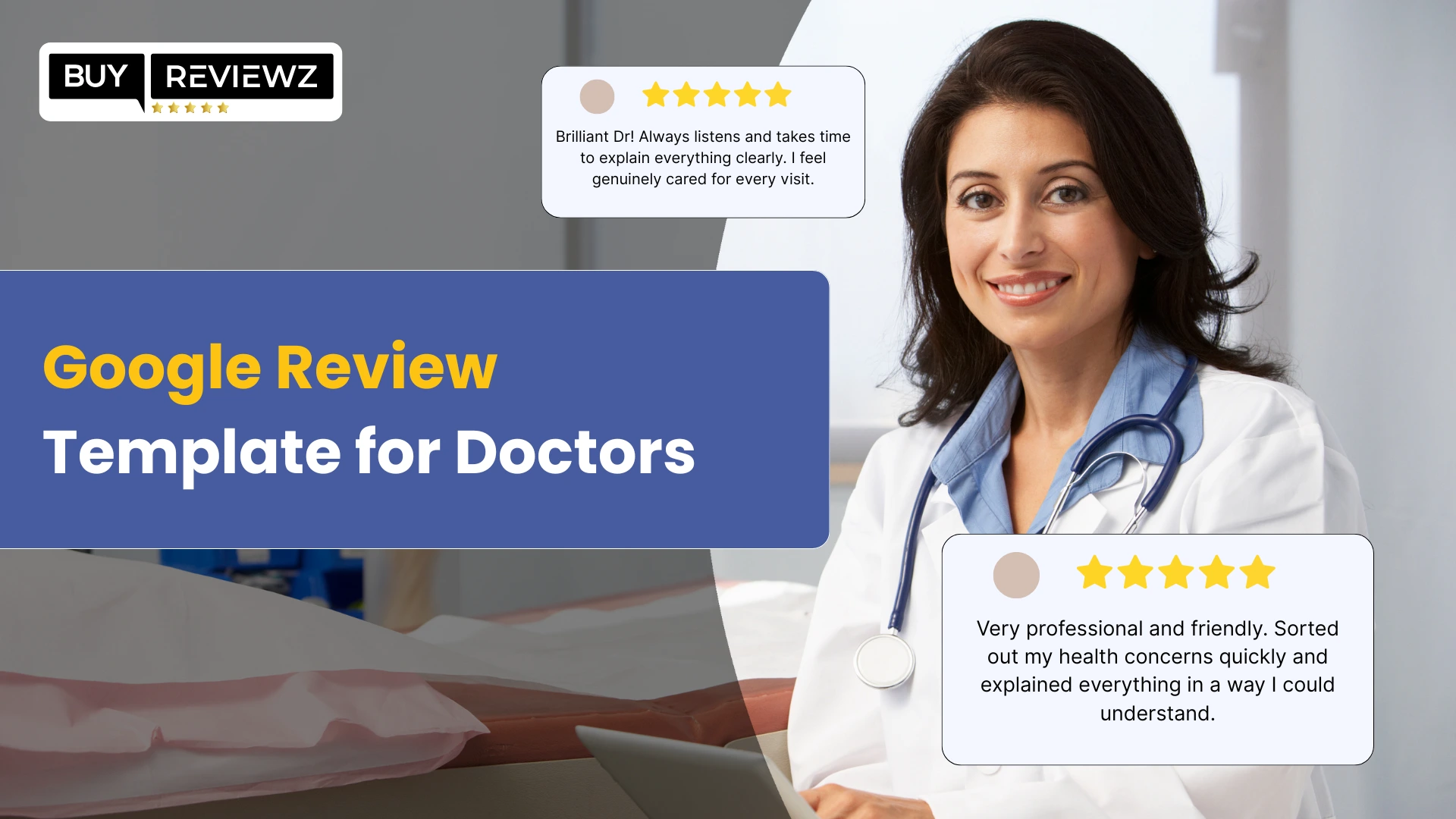Amplifying an online reputation is essential to attracting and retaining patients in healthcare. With the advent of online review platforms, the patients have a powerful voice in choosing a healthcare center.
When your healthcare facility receives online reviews, whether negative or positive, the importance of responding to them rises with every review you receive. To enhance your reputation further, you can also consider options to buy Google reviews to create a strong initial impression. Thus, here is a fantastic blog that will help you learn to respond to positive or negative reviews. But first, let us understand the benefits of responding to reviews for your healthcare business.
Why Respond To Reviews In The Healthcare Industry?
You must never hesitate to respond to a Google review, when it comes to the healthcare industry. Whether the review is positive, negative, or mixed, responding to them proactively can benefit your business.
Here are some of the benefits of responding to reviews in the healthcare industry:
-
Improving your local ranking on Google.
-
Showing your commitment to deliver the best customer experience.
-
Building a better customer-brand relationship
-
Improving the trust
-
Increasing the retention rate
-
Growing credibility of your healthcare business
-
Enhancing your online reputation
Responding To Positive Reviews In the Healthcare Industry
In the Healthcare Industry, it is imperative to respond to positive reviews to maintain healthy relations with patients. It is a valuable opportunity to show appreciation for the customer’s feedback.
Here are ways that will help you to respond and manage Google reviews:
1. Thank The Reviewer
Firstly, express gratitude to the visitors for taking the time to leave a positive review. This will act as evidence that you truly appreciate all feedback, as it aids in improving your services. Show them that you value their support by thanking them.
2. Personalize Your Response
Since personalization makes interactions meaningful, you can use the reviewer's name if available and appropriate when responding to positive reviews. This adds a human touch to your response and proves that you value them as individuals and care about their experience.
3. Highlight The Positive Aspects
To reinforce positive patient experiences and encourage further referrals, it's crucial to acknowledge the specific compliments, emphasize the positive aspect of the review, and point out why the reviewer enjoyed their experience. For example, if they appreciated the quality of your service, mention that in your response.
4. Encourage Repeat Business
Thanking the reviewer for their responses can encourage them to engage with your healthcare services in the future. The recommendations from past customers can encourage repeat business for your healthcare. Thus, by responding to customer reviews, you can prove to them that you value their feedback and are committed to imparting excellent services.
5. Share The Review
By sharing positive reviews on your social media, website, or channel, you can express your pride in your online reviews. This clearly demonstrates that you value their opinions and are trying to make changes according to customer requirements. Ultimately, your healthcare industry wishes to reach customer satisfaction levels.
6. Stay Professional
Remember to maintain professionalism while responding to a positive review, in spite of the reviewers' emotions. Avoid using informal language or making false promises. Responding professionally will show your serious dedication to your service and commitment to serving outstandingly.
Responding To Negative Reviews In the Healthcare Industry
Replying to negative comments is not easy. It requires patience, understanding, and empathy toward patients. Learn to enhance your online reputation by responding to negative comments.
1. Respond Promptly
A timely response to negative reviews is the best way to showcase that you value their reviews and are committed to addressing the concern.
While responding to negative reviews, make sure to apologize for the negative experience they encountered. Also, ask them for additional details and promise them for a follow-up.
2. Avoid Reactionary Responses
Negative reviews can hurt you, but be empathetic and deal with them professionally. It is highly advisable to read and understand the patient’s concerns before reacting to their review.
Always avoid getting defensive as this may worsen the situation and can cause great damage to your online reputation.
3. Be Professional And Empathetic
Be professional while replying to negative comments. You can definitely show empathy for the patient’s experience but also explain the policies and procedures that might result from such a negative review.
Lastly, you can also offer a solution to compensate and improve the patient’s experience in the future.
4. Keep It Short And Simple
When responding to negative reviews, keep your responses short and simple. Acknowledge the patient’s feedback, apologize, and provide a suitable solution within your response. Writing lengthy responses can consume more hours, failing to provide appropriate solutions.
5. Offer To Take The Conversation Offline
Discussing the concerns is the best way to resolve the issue. You can simply ask the reviewer to discuss the matter offline. This is extremely effective as it helps to address the concerns directly and provide personalized solutions. Also, discussing the matter in private will help you avoid any HIPAA violations.
6. Use The Opportunity To Improve
Replying to negative comments can be challenging, but it also gives your healthcare business an opportunity to grow and learn. It illuminates areas for improvement and enhances patient care and satisfaction in the future.
7. Don’t Violate Patient Policy
The main concern when responding to negative reviews is violating the patient’s policy. This policy states that a patient’s health conditions must remain confidential and only be disclosed with the patient’s written consent. Thus, when responding, avoid discussing the patient's health issues in detail.
Examples Of Replying To Positive And Negative Healthcare Reviews
Replying to positive or negative healthcare reviews is essential to handling appreciation and delicate situations professionally and gracefully. Here are two review response examples that will help you give a better reply.
Example 1: Responding To Positive Reviews
The idea behind replying to positive reviews is not to reply with the same thing every time as it may feel to the reviewer that you are not really listening.
Example 2: Responding To Negative Reviews
Replying to negative reviews can be frustrating and disheartening, look at the amazing example that can give you an idea to cope up with Negative reviews.
Conclusion
It may seem daunting to respond to every online review you receive. However, you must respond to every online review to build trust among customers. Always be relaxed while addressing negative reviews and follow a calm approach while responding to them.
Remember, reviews show that you are committed to customer service and care about improving things. Also, reviews play a major role in shaping your online reputation, so be wise with your words and follow the blog tips for responding to reviews seamlessly.







 50+ Good Reviews Examples for Dental Clinic
50+ Good Reviews Examples for Dental Clinic
 101 Guide to Google Reviews for Healthcare Businesses
101 Guide to Google Reviews for Healthcare Businesses
 Google Review Template for Doctors
Google Review Template for Doctors